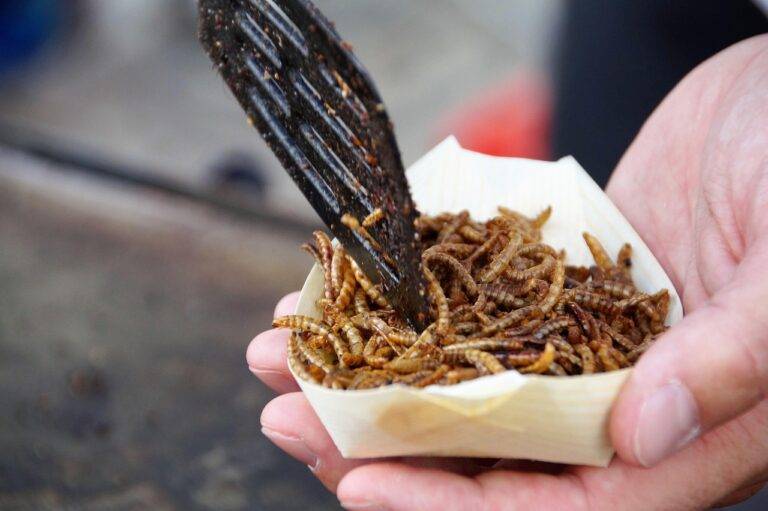The Psychology of Food Cravings
When it comes to food cravings, there is a complex interplay of biological, psychological, and environmental factors at play. From a biological standpoint, neurotransmitters such as dopamine and serotonin play a key role in regulating our cravings for certain foods. These neurotransmitters can be influenced by various factors such as stress, sleep patterns, and hormonal fluctuations, which in turn can impact the intensity of our cravings. Additionally, research suggests that the brain regions responsible for reward and pleasure, such as the hypothalamus and amygdala, are also involved in driving food cravings.
Moreover, our psychological state and past experiences can greatly influence our food cravings. Emotional factors such as stress, boredom, or happiness can trigger cravings for specific foods as a way to cope with or enhance certain feelings. Similarly, past associations with certain foods, whether positive or negative, can also impact our cravings. For example, if we have positive memories associated with eating ice cream during childhood summers, we may find ourselves craving ice cream during hot weather as a way to recreate those pleasant experiences.
Identifying Triggers for Food Cravings
There are various factors that can trigger food cravings, leading to an overwhelming desire to indulge in specific types of food. One common trigger is emotional stress, which can cause individuals to seek comfort in high-calorie, indulgent foods. When feeling stressed or anxious, the brain releases cortisol, a hormone that can increase cravings for sugary or fatty foods as a way to cope with the emotional strain.
Another trigger for food cravings is inadequate sleep. Research has shown that when individuals are sleep-deprived, their hunger hormones, ghrelin and leptin, become imbalanced. This hormonal imbalance can result in increased cravings for unhealthy foods high in sugar and carbohydrates, as the body seeks quick energy sources to combat fatigue. Prioritizing quality sleep can help regulate these hunger hormones and reduce the intensity of food cravings.
What causes food cravings?
Food cravings can be caused by various factors such as hormonal changes, emotional triggers, nutrient deficiencies, and habits.
How can I identify my triggers for food cravings?
Keeping a food diary, practicing mindfulness, and paying attention to your emotions and environment can help you identify your triggers for food cravings.
Is it possible to control food cravings?
Yes, it is possible to control food cravings by understanding your triggers, finding healthier alternatives, practicing moderation, and seeking support from a healthcare professional if needed.
Are food cravings always bad?
Food cravings are not always bad, but it’s important to differentiate between cravings caused by hunger and those triggered by emotional or environmental factors. It’s also important to indulge in moderation.





